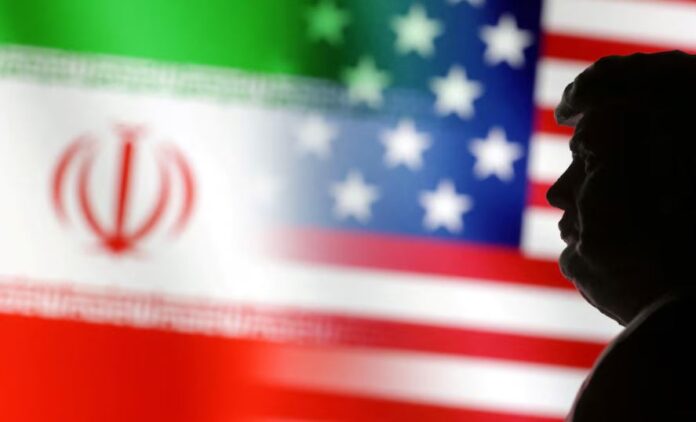Muscat, April 11, 2025 – U.S. and Iranian officials are set to engage in rare face-to-face negotiations in Oman this Saturday, with the sole aim of preventing Iran from developing nuclear weapons. The high-stakes talks, confirmed by U.S. Senator Marco Rubio, mark a critical moment in U.S.-Iran relations as both sides navigate a volatile geopolitical landscape. Rubio emphasized the United States’ unwavering stance, stating, “We’ve been very clear—Iran is never going to have a nuclear weapon.”
The talks come after months of escalating rhetoric and regional tensions. Initially, Iran pushed for indirect discussions, but a U.S. official confirmed that both delegations will meet in the same room, signaling a potential breakthrough in diplomatic engagement. The negotiations aim to curb Iran’s nuclear ambitions, which have long been a flashpoint in international relations. The U.S. is focused on securing ironclad assurances that Iran’s nuclear program remains non-weaponized, amid fears that Tehran could be inching closer to nuclear capability.
President Donald Trump has taken a more confrontational tone, warning that Iran would face “great danger” should the talks collapse. He also suggested that Israel, a key U.S. ally and Iran’s regional rival, would support military action if diplomacy fails. This rhetoric underscores the delicate balance of deterrence and dialogue at play, with the Oman meeting serving as a pivotal test of whether both sides can find common ground.
Also Read: Pope Francis Seen in Civilian Clothing During Surprise Visit to St. Peter’s Basilica
The choice of Oman as the venue is significant, given its history as a neutral mediator in U.S.-Iran discussions. Analysts view the talks as a critical opportunity to de-escalate tensions, but the stakes are high. Failure could embolden hardliners on both sides, potentially pushing the region toward conflict. As the world watches, Saturday’s meeting could shape the future of U.S.-Iran relations and the broader Middle East.
Key Points: U.S.-Iran Nuclear Talks in Oman
- Direct Talks Scheduled: U.S. and Iranian officials will meet face-to-face in Oman on Saturday to discuss Iran’s nuclear program.
- U.S. Goal: Prevent Iran from developing nuclear weapons, as emphasized by Senator Marco Rubio, who stated, “Iran is never going to have a nuclear weapon.”
- Shift from Indirect Talks: Despite Iran’s initial preference for indirect discussions, both sides will negotiate in the same room.
- Trump’s Warning: President Trump warned Iran of “great danger” if talks fail, hinting at potential Israeli-backed military action.
- Oman’s Role: Oman, a neutral mediator, hosts the talks, which aim to de-escalate tensions but carry high risks of failure.



